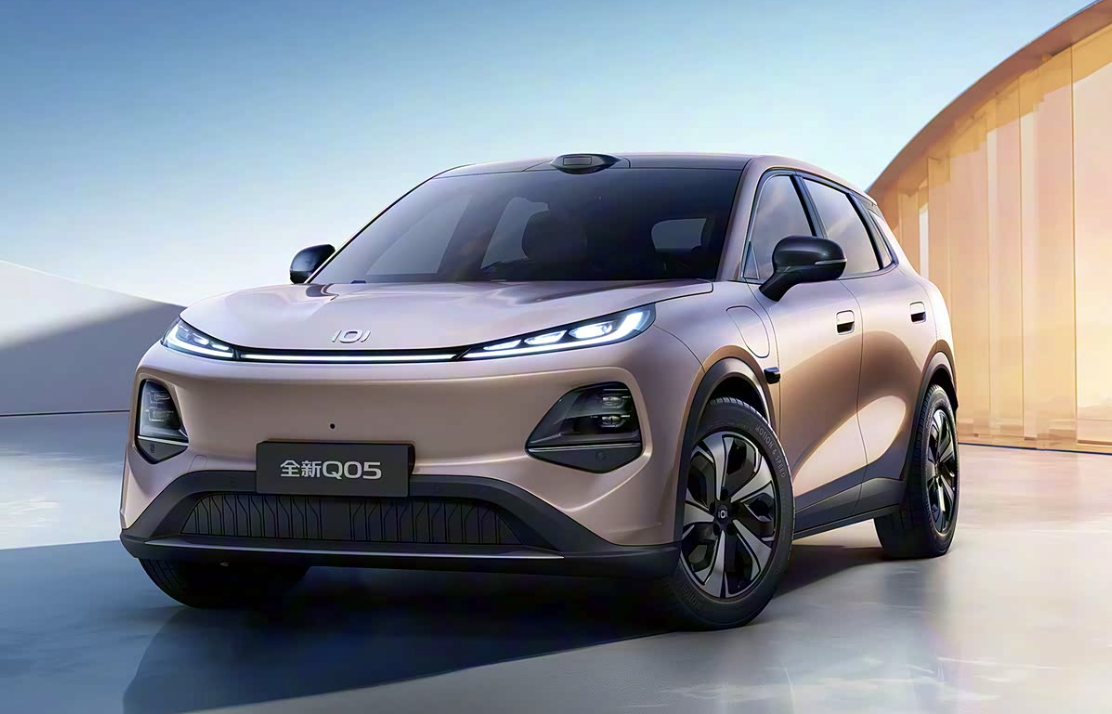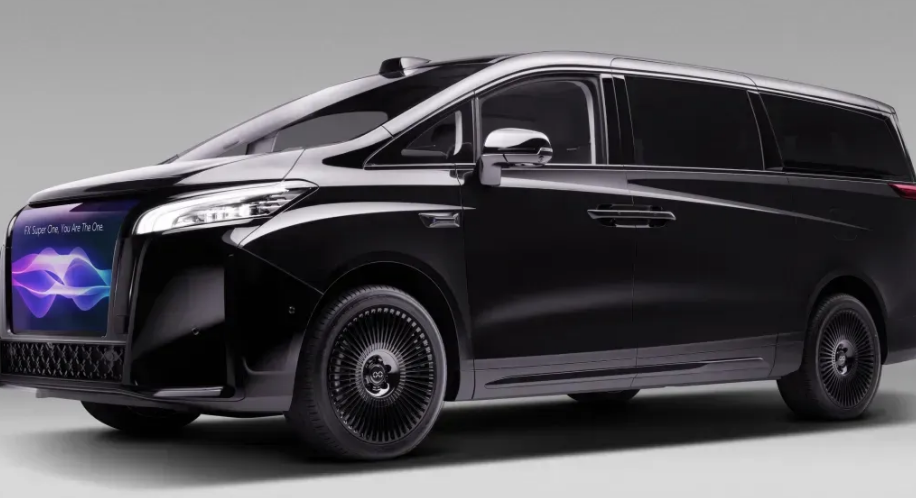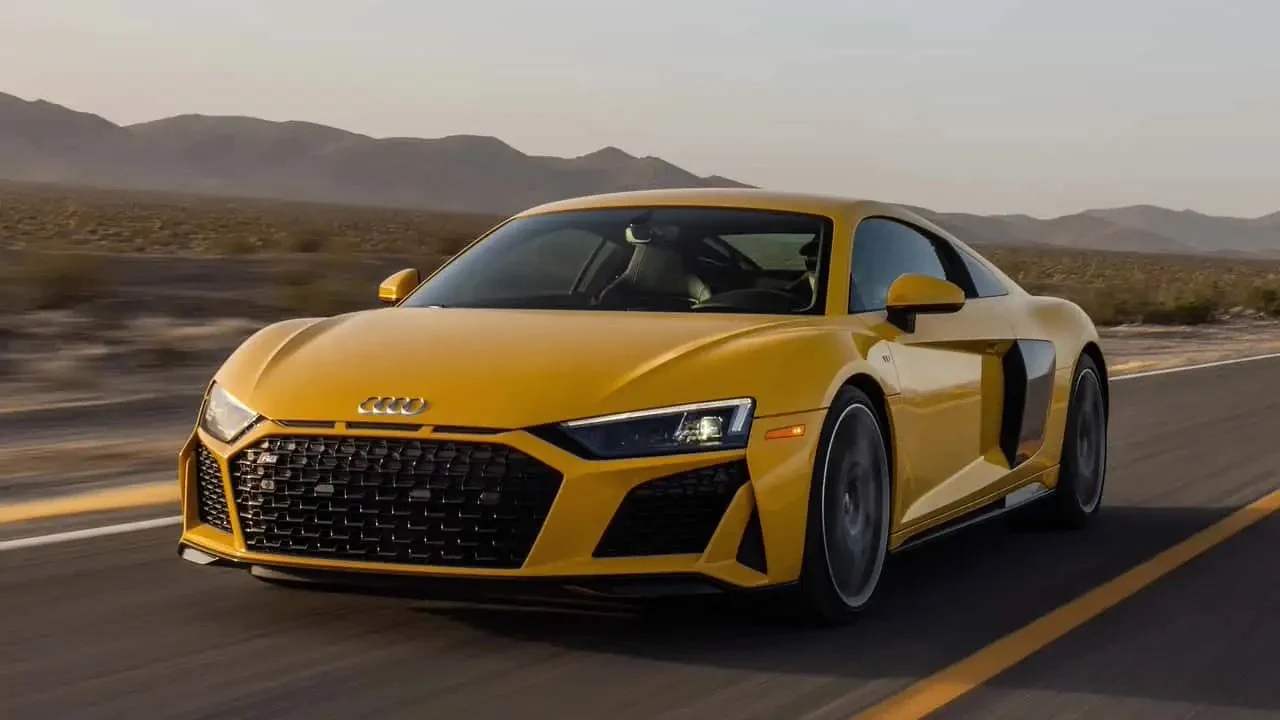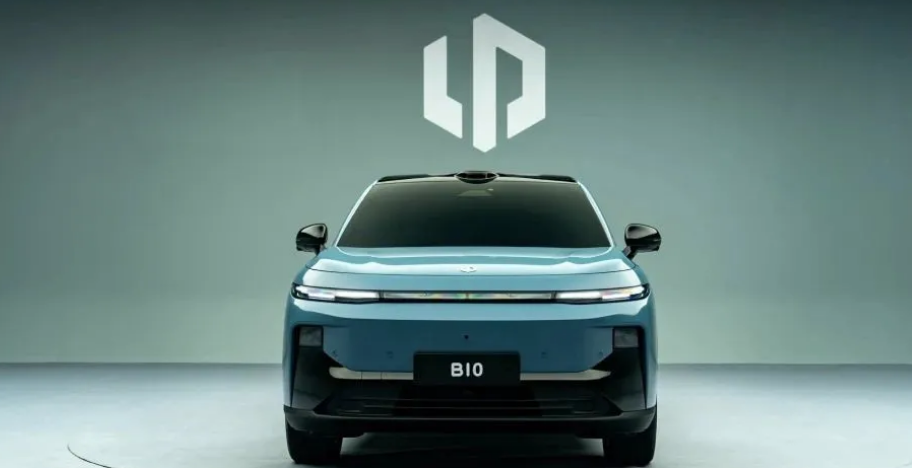According to the latest monthly market report released by the China Passenger Car Association (CPCA), in September 2025, retail sales of China’s narrow-sense passenger car market reached 2.244 million units, up 6.4% year-on-year and 11.2% month-on-month. Among them, retail sales of new energy vehicles (NEVs) were 1.299 million units, up 15.7% year-on-year and 16.5% month-on-month, with an NEV penetration rate of 58%. From January to September, cumulative retail sales reached 17.008 million units, up 9.2% year-on-year. Of these, NEV retail sales totaled 8.869 million units, up 24.4% year-on-year, with a penetration rate of 52%, meaning NEVs have surpassed fuel vehicles in market share.
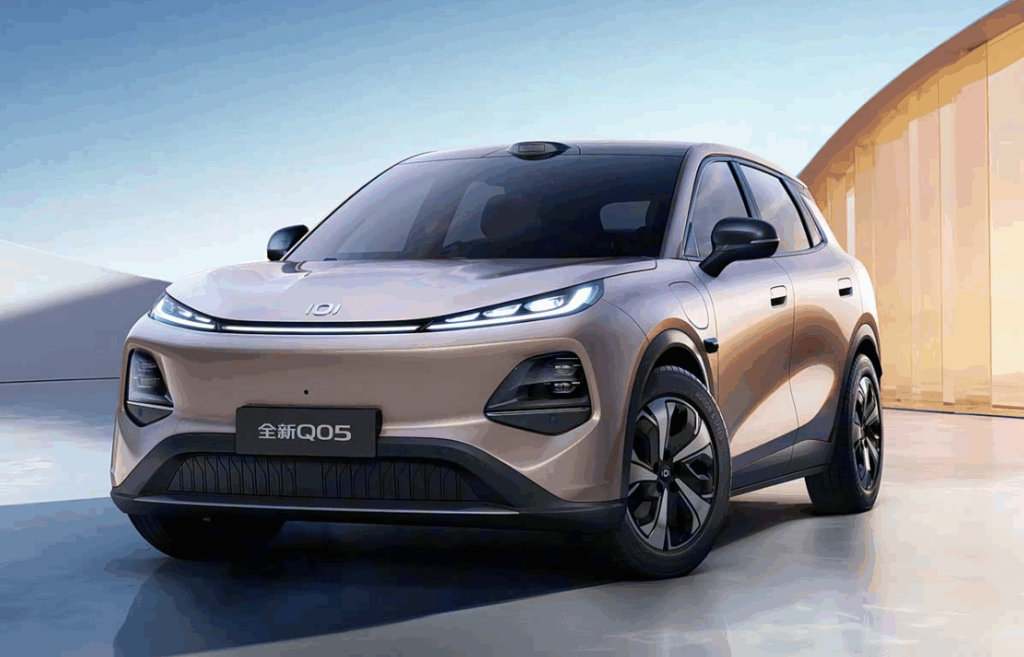
According to statistics from Automotive Industry Watch, the top three NEV brands in September 2025 were BYD, Geely Auto, and Changan Auto, with sales of 347,353 units, 150,570 units, and 84,237 units, respectively. BYD’s sales dropped 10.2% year-on-year, while Geely rose 68.3% and Changan increased 58.3%. All top ten automakers sold over 40,000 vehicles.
As China’s largest NEV manufacturer, BYD’s monthly retail sales reached 347,353 units — down 10.2% year-on-year but up 12.0% month-on-month — maintaining a wide lead over second-place Geely Auto, though it had the biggest decline among the top automakers. BYD has established a dominant position in the NEV market, operating four major brands: BYD, Denza, Fangchengbao, and Yangwang. The BYD brand itself is divided into the Ocean Network and Dynasty Network, which are its key sales drivers.
Retail data shows that the best-selling model in August was the Qin PLUS NEV, with 39,132 units sold — 8,849 BEVs and 30,283 PHEVs. The Sea Lion 06 followed with 30,532 units sold (20,956 BEVs and 9,576 PHEVs). Other models such as Qin L, Yuan UP, Seagull, and Dolphin each exceeded 20,000 units.
For the Fangchengbao brand, the top-selling model was the Leopard 3, with 8,129 units. On September 9, Fangchengbao launched the Leopard 7, priced from RMB 179,800 to 219,800. It uses a unibody structure and is the second model in the Leopard series, positioned below the Leopard 5. Combining family and off-road use, it is expected to become Fangchengbao’s new high-volume model.
Within the Denza brand, the top performer was the Denza D9, with 7,264 units sold.
Though its sales volume was far below BYD’s, Geely Auto’s performance was impressive. In September, Geely sold 150,570 NEVs, up 68.3% year-on-year. Geely’s NEV strategy includes the Galaxy brand, Zeekr brand, and partial electrification of Lynk & Co models. The Galaxy brand, in particular, has become a new growth driver for Geely’s NEV sales. On September 17, the Galaxy M9 officially launched, priced from RMB 173,800 to 238,800 (limited-time offer). The M9 is a plug-in hybrid large SUV positioned as the flagship model under the Galaxy brand, featuring a six-seat layout. Within 24 hours of launch, preorders surpassed 23,000 units.
Changan Auto ranked third, with September sales of 84,237 units — up 58.3% year-on-year. As one of China’s major state-owned automakers, Changan has been relatively advanced in its transition to NEVs, launching the Changan Qiyuan series, Deepal, and Avatr Technology. On October 15, the all-new Qiyuan Q05 opened for blind pre-orders. This is the first pure-electric model on the Qiyuan global platform, measuring 4,435/1,855/1,600 mm with a 2,735 mm wheelbase. It offers CLTC ranges of 405 km and 506 km and supports 3C fast charging, enabling the battery to charge from 30% to 80% in 15 minutes.
SAIC-GM-Wuling and Tesla China ranked fourth and fifth, with sales of 78,434 units and 71,525 units, respectively. Wuling’s sales rose 7.5% year-on-year, while Tesla’s slipped 0.2%. Earlier this month, Tesla officially launched the Standard Range Model Y. Reports suggest that Tesla may soon introduce standard versions of both Model Y and Model 3 in China, as it faces intensified global competition and seeks to reverse its sales decline and shrinking market share — though Tesla China has not confirmed this information.
Leapmotor was the standout performer in September, with sales of 59,769 units — up 84.6% year-on-year — hitting a record high. The company announced that the Leapmotor D19 will make its global debut on October 16. Built on the Leap D platform, it’s a full-size SUV priced between RMB 250,000 and 300,000. In addition, the Leapmotor Lafa5 was recently unveiled in China and will debut at the 2025 Guangzhou Auto Show. It’s based on the LEAP 3.5 architecture, positioned as a compact two-box electric vehicle.
Harmony Intelligent Mobility (Hongmeng Zhixing) recorded 52,916 sales in September, up 32.5% year-on-year. The brand group includes five sub-brands — Wenjie, Zhijie, Xiangjie, Zunjie, and Shangjie — jointly developed by Huawei with Seres, Chery, BAIC, JAC, and SAIC. The best-selling model was the Wenjie M8 (21,244 units), followed by the Wenjie M9 (10,503 units). Other models sold fewer than 10,000 units. The newly launched Wenjie M7 sold 5,970 units.
